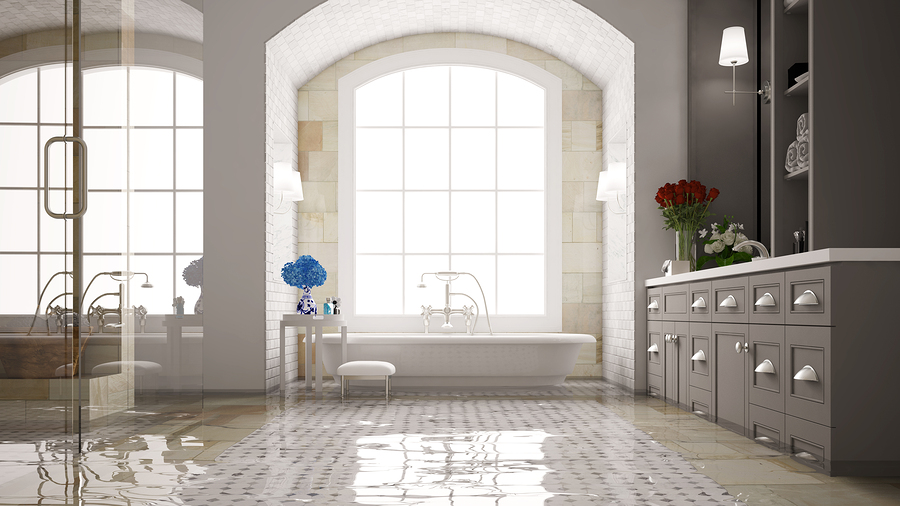It’s no secret that household water leaks are bad for the environment. According to the Environmental Protection Agency (EPA), the average household leaks more than 10,000 gallons of water every year. To put that into perspective, your own home may be wasting enough water annually to wash 270 loads of laundry! Ten percent of homes have leaks that waste 90 or more gallons of water per day.
These leaks are also bad for your wallet. Fix them before they cause additional damage and you could save 10 percent on your water bills by the EPA’s calculations. Allow them to get worse—which could lead to mold and water damage to fixtures and flooring, and your repair costs could be in the thousands. Fortunately, a simple maintenance plan is all you need to prevent the most common household leaks in the first place.
Every Day…
Listen for running water in your bathroom. Toilet tanks that refill continuously can seriously affect your water bill. Replace assemblies and cut-off valves as needed.
Every Year to Twice a Year…
Inspect the cabinets under your sinks at least once a year. Look for dripping water and evidence of larger leaks. You should pull out your dishwasher and inspect the floor beneath it for water damage as well. Repair any issues you discover.
Check the plastic hose that connects your refrigerator’s ice maker to the water line at least once a year. If it’s discolored or cracked, replace it. If you never use the icemaker feature, consider leaving it unconnected.
Examine your home’s pipes, looking for signs of condensation and corrosion. Cracked or warped flooring may also be evidence of a leak.
Inspect your water heater annually. Corrosion, bulges in the tank and leaks are all issues which will require repair. Hire a professional to check the anode rods.
Hire a professional to inspect your HVAC unit every year. Clogged drain pans in attic air handlers and radiator leaks can cause costly damage to the walls, floors and ceilings of your home.
Clean your gutters every spring and fall to prevent overflow. Make sure downspouts are directing water away from your house to protect your basement and foundation.
Every Five Years…
By some calculations, washing machine failures are the costliest water-related insurance claims. Change out your washing machine hoses every five years and, if possible, use a reinforced steel-braided variety rather than rubber. If you’re going to be away from home for an extended time, consider turning off your washing machine’s water supply.
Even with the best maintenance, accidents may happen. Water detection alarms can alert you to possible leaks in damage-prone areas including bathrooms and basements. Some will even call your mobile phone to notify you of a leak if you’re not at home. Basic models can cost less than $20; the most advanced can set you back $300 or more—but that’s still a lot less than many major home repairs.
